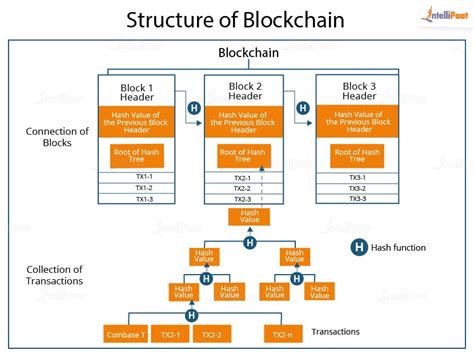Ethereum: What Makes Miners Include All Recent Transactions in a Single Block?
As one of the most prominent cryptocurrencies, Ethereum has received significant attention from developers and industry experts. One key aspect that sets it apart from other blockchain-based systems is its consensus mechanism, which relies on the network hash power (NHP) to validate transactions.
In this article, we will discuss the motivations behind miners including all recent transactions in a block, focusing on the specific use case of Ethereum.
Consensus Mechanism: A Brief Overview
In a blockchain network, miners act as a decentralized authority that verifies transactions and adds new blocks to the network’s “long-term memory.” The consensus mechanism is responsible for ensuring that the network agrees on a version of the blockchain. Ethereum uses several consensus algorithms, including Proof-of-Work (PoW), which has been in use since its inception.
Proof-of-Work (PoW) and the Role of Miners
Proof-of-Work is a consensus algorithm where miners compete to solve complex mathematical puzzles. The first miner to find a solution to these puzzles is rewarded with newly minted Ethereum tokens, known as Ether (ETH). This mechanism ensures that the integrity and security of the network is maintained.
Why do we need to include all recent transactions in a single block?
Including all recent transactions in a block serves several purposes:
- Prevents double spending: By taking into account all recent transactions, miners ensure that a malicious actor does not have the opportunity to spend an Ethereum token twice. This prevents double spending, which has historically been a major problem in the Bitcoin protocol.
- Maintains network consensus

: Keeping track of all recent transactions helps maintain network consensus and ensures that all nodes agree on the current state of the blockchain. Without this feature, the network can become unstable due to conflicting opinions from different nodes.
- Improve security: By storing all recent transactions, miners increase the security of the Ethereum network. This is because any malicious activity can be detected by analyzing the most recent transactions, which helps prevent exploits and attacks.
Ethereum Special Use Case
Ethereum’s consensus mechanism relies heavily on Proof-of-Work (PoW), which includes all recent transactions in a block. This ensures that the network maintains its security and integrity while providing a decentralized authority for verifying transactions.
In summary, including all recent transactions in a block is essential to maintaining network consensus and avoiding double-spending in Ethereum’s consensus mechanism. While other blockchain-based systems may have alternative consensus algorithms, Proof-of-Work remains an effective method for achieving these goals.

Laisser un commentaire